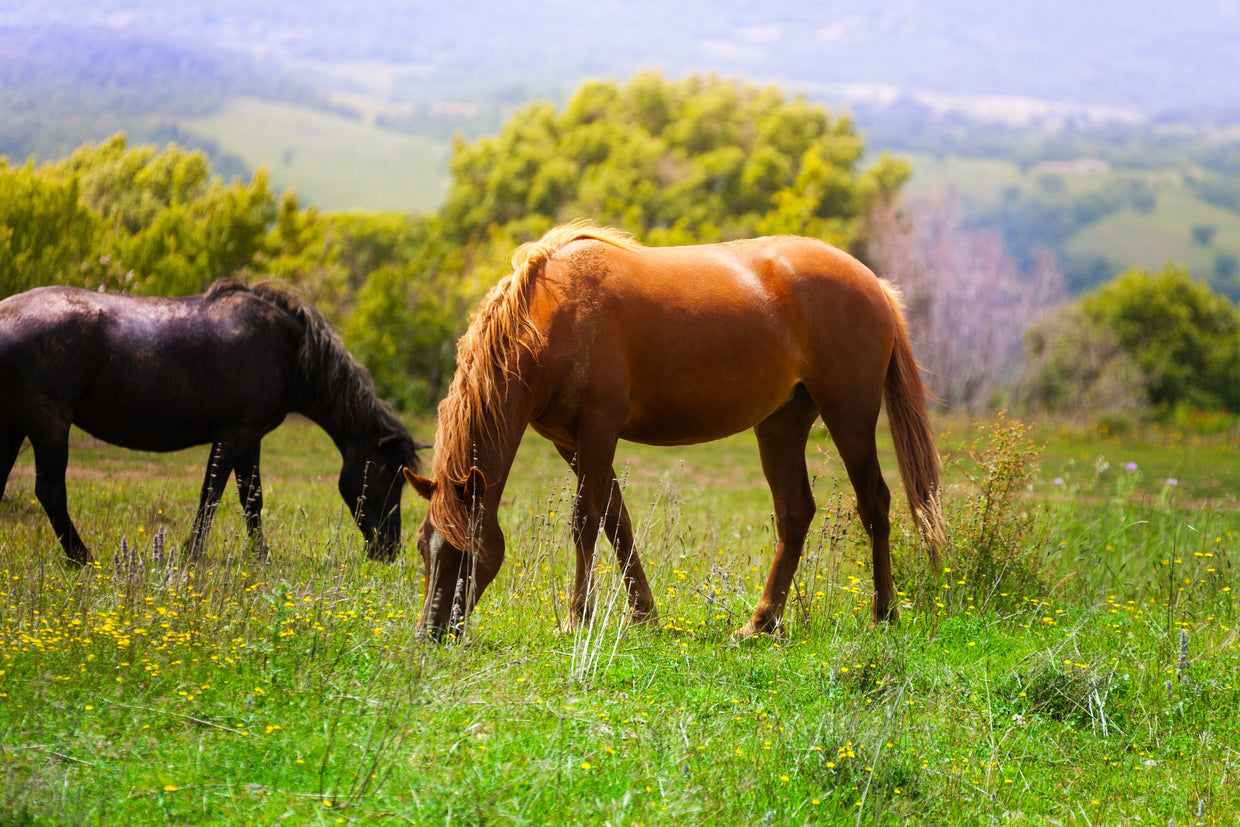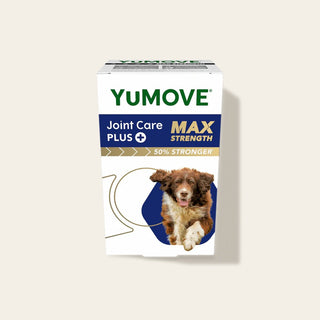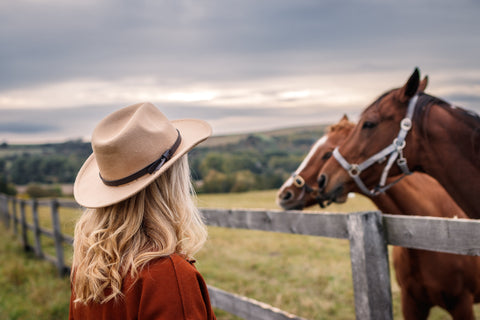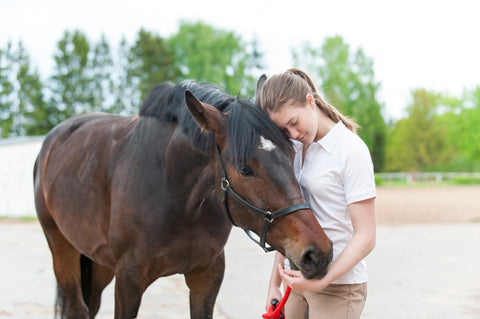

How to keep your horse cool in hot weather
It’s official – summer has finally arrived. And as the thermometer creeps up, it’s important to keep an eye on our four-legged friends, and to understand the warning signs of heat stroke and dehydration. Especially if yours remains outdoors all year round. Here’s all you need to know…
Signs of heat exhaustion in your horse
What is horse heat exhaustion? To put it simply, horse heat exhaustion is a condition caused by high temperatures that results in exhaustion, and can lead to heat stroke. Signs of heat stress include:
High body temperature
- An adult horse should have a temperature between 5 and 38.5°C. Anything over that is considered a mild fever.
If your horse’s temperature is 41°C or over, this is a serious warning sign, and they should be checked by a vet immediately. This indicates that your horse’s internal cooling system is failing.
Increased heart rate
- The normal heart rate of a resting adult horse is 28 to 44 beats per minute – however this can be higher in smaller horses and ponies.
- A thumping heartbeat forces blood to the surface of your horse’s skin. It can then be cooled more easily by the outside air.
Faster breathing
- Look out for a higher respiratory rate – one that exceeds the normal 8 to 12 breaths per minute.
- You should be concerned if this doesn’t return to normal after a couple of minutes resting.
- Faster breathing forces more air through your horse’s body. In turn, this helps to cool down their blood.
Abnormal sweating
- Too much sweating – or worse – no sweating at all is a symptom of overheating.
- The evaporation of sweat from the skin helps to cool down a horse.
Lethargy and unresponsiveness
- If nothing is done to prevent heat stress, the condition can escalate rapidly.
- Always keep an eye on any changes in your horse’s body language. In the most extreme cases, your four-legged companion may stagger, seem depressed, or even collapse.
We recommend taking your horse's temperature, resting pulse and breathing rate on a regular basis to understand the normal range for your individual horse. This way, you’ll be more clued up when things are unusual.

How to treat heat stress in horses
If you’ve noticed any of the warning signs above, follow these simple ways to keep your horse cool in extreme heat:
Stop exercising
If you’re mounted, get down from your horse to prevent them from producing even more heat. If he or she's tacked up, remove the saddle to allow the cool air to flow over more of their body. We also recommend keeping ride times to the cooler parts of the day in high summer, like early mornings or evenings.
Water, water and more water
Allow your horse to drink as much cool water as he or she wants. This is essential to keep them hydrated. Just like their owners, horses sweat to cool down. Adequate amounts of fresh, cold water should be provided so your horse can replenish its water levels.
Put your horse in the shade
A shaded area away from direct sunlight will help cool off your four-legged companion. Keep in mind that the sun changes position throughout the day, so make sure that your horse is shaded at all times.
Soak your horse’s entire body in cold water
The myth that a horse will react badly to the sudden temperature change is just that – a myth. Just make sure you scrape the water off your horse as he or she warms up. Otherwise, this could act as an insulating layer and have an adverse effect.
Provide a breeze
If your horse is kept in a stable, use a fan to increase air flow. Only do this if it safe to do so, i.e., without trip or fire hazards.
Liberally apply sun cream
As strange as it sounds, animals with pale skin are susceptible to burning in the sun. Specific horse sun creams are available – but check that your horse isn’t allergic to any of the ingredients first!
Call your vet
If the signs of heat exhaustion don't improve in 10 minutes – or if they worsen – call your vet immediately.

How to keep your horse cool in a trailer
We love taking our horses to fun summer events. However, the combination of hot weather and a trailer can be riskier than you think. Follow these tips to avoid heat exhaustion when trailering your horse:
- Only move your horse if he or she is in good health (with the exception of emergency vet travel). Ideally your horse should only be trailered when they are in tip-top condition.
- Air out the trailer. Before loading your horse, open all doors and windows, and put on some fans to ventilate and keep the trailer cool.
- Avoid putting sheets or blankets over them. Although this will keep your horse clean during the trip, it will also add extra heat to your horse.
- Don’t load your horse first. Ensure all your tack and horse equipment is on first. This prevents your horse from having to wait inside a hot trailer.
- Stick to the tips above if you notice any signs of horse heat exhaustion!



